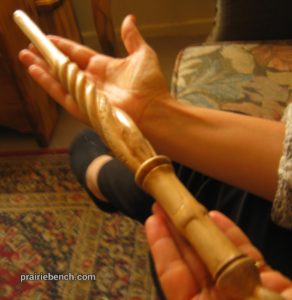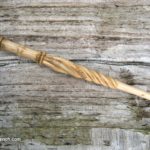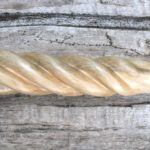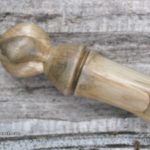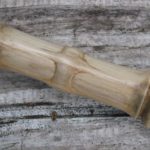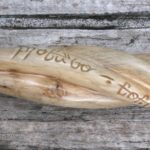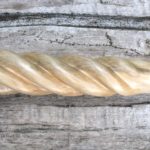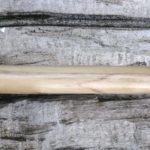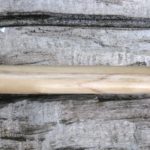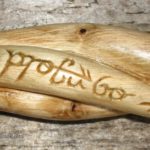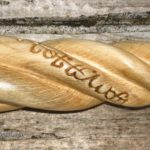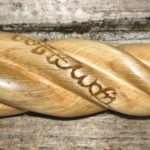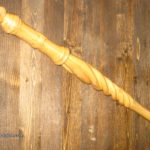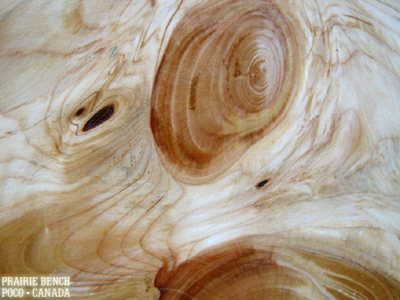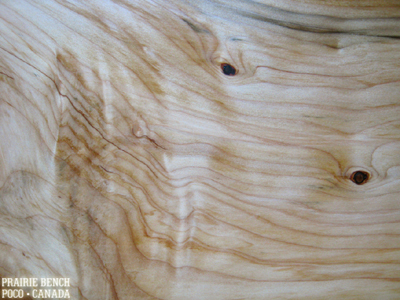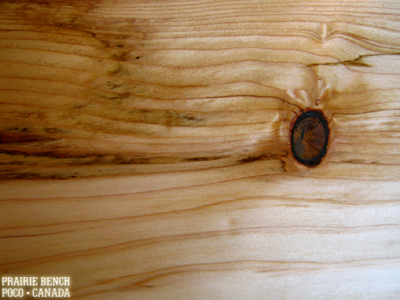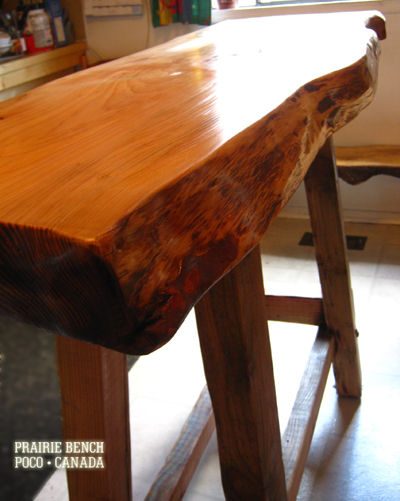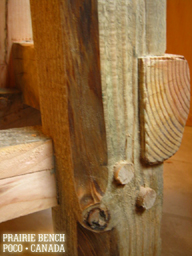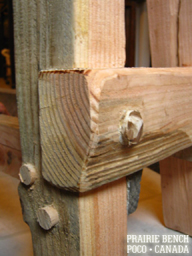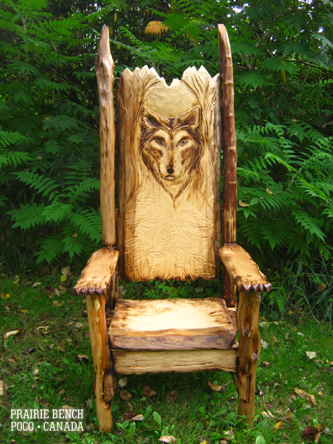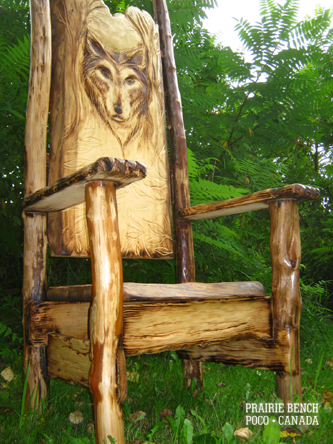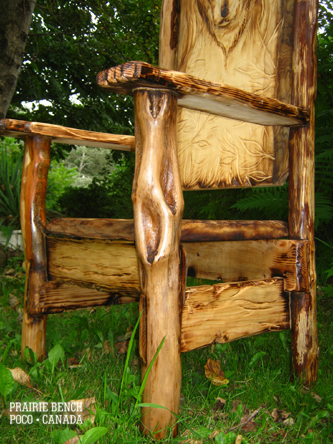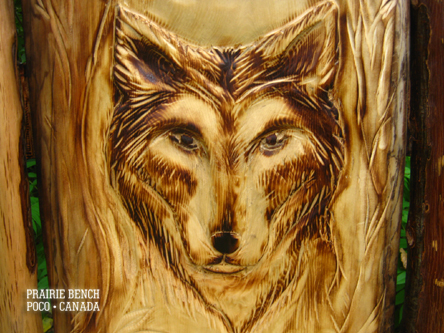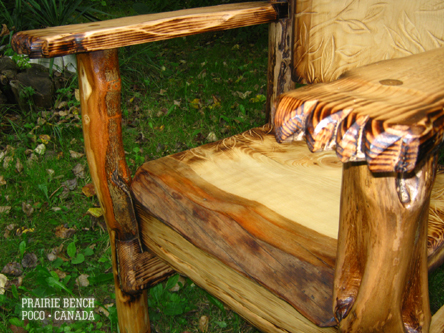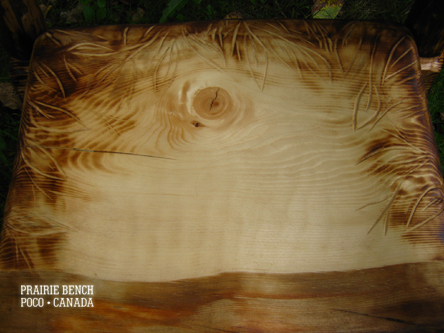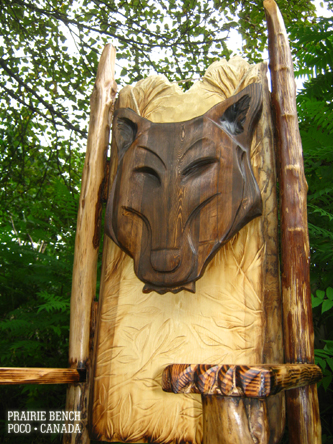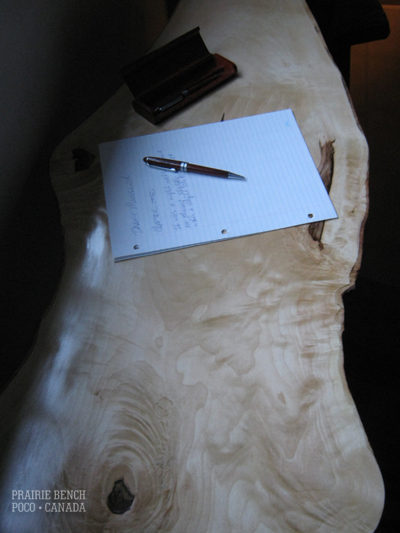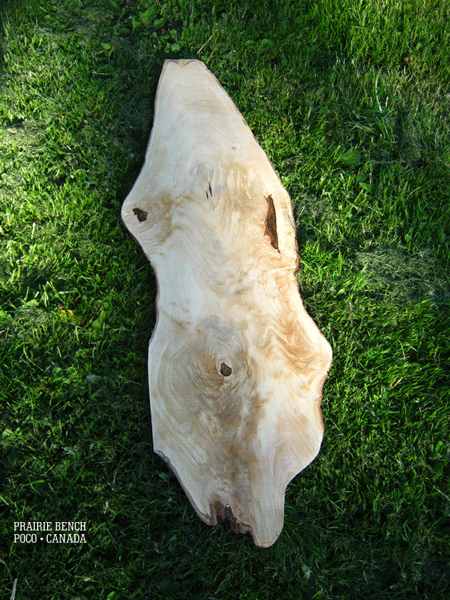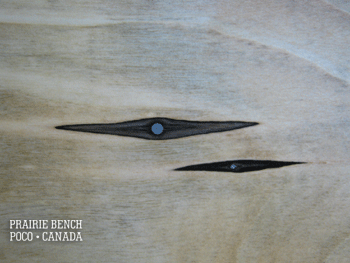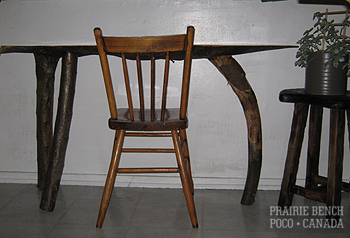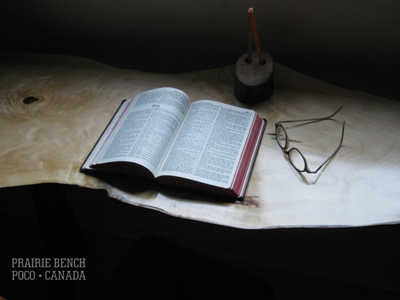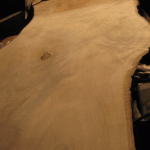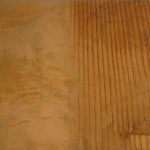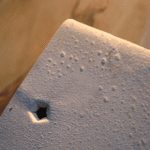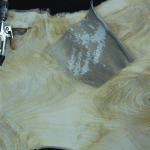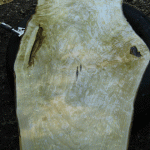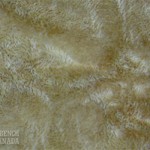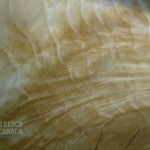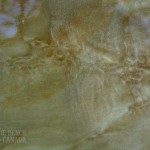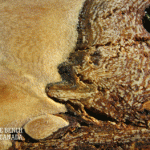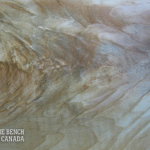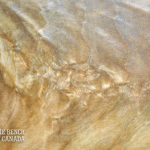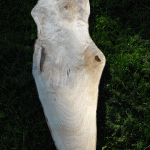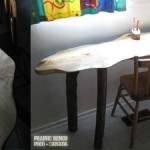hazelnut
Hemlock Bistro Bar
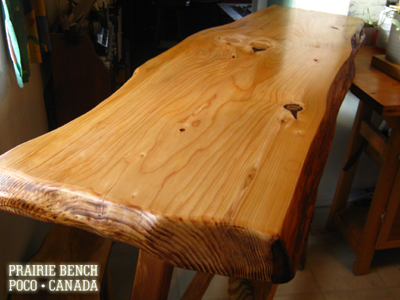
It’s big.
The piece:
Local Hemlock slab 3″ thick 60″x 20″ live edge
Local rough cut Fir timbers 4″ thick hand chiseled
Hazelnut dowels on frame
Hemlock dowels to moor slab
42″ tall
Rubber skid pads
Finished in polyurethane for easy polishing and durability
The hemlock slab was our work bench until we flipped it over and saw it had nice grain. So we polished it up with a hand planer and some high grit sand paper, and the result was stunning.
This piece is a fine example of West Coast Hemlock, and very strong. It is a soft wood, an evergreen, so the surface may get nicked and bumped—but that’s part of its story. We even left some of the original mill saw marks, and there is a compression mark from early in the tree’s history. It’s a wain cut so the slab does have a slight twist, compensated by the custom frame. Belly up to the bar, we estimate the load bearing for this unit to be about eight tons, however we only recommend the table for lattes and a few brews.
One side has a nice arc that invites patrons to sit around the server and bartender side has a convenient knot hole for tips. Each post of the fir frame is hand chiseled and joins in a locking pattern on three sides, then pinned with sturdy hazelnut hardwood dowels. Sanded smooth, the blunt dowels and over cut edges give the piece a sturdy wild west look and in the category Country Collection.
For matching chairs, we’ll shop for some nice iron ones to complement the piece.
Size: 42″ tall x 60″ long x 20″ wide
Finished in polyurethane
#270-BL-02-14
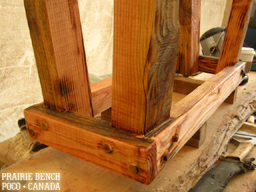
Wolf Throne
Continuing with the Elk and Wolf Dining Project, the frames for the two thrones are complete. Each uses hazelnut posts with balsam fir supports. The backboard and seat are Sitka Spruce. The dowels are hazelnut and hemlock. No screws or nails are used, just glue and pressure. The posts were measured to fit then hand chiseled to fit the interlocking fir supports. No stain was used, just clear finish and some charcoal was sanded into the joints.
The hazelnut posts are grown onsite and have a muscular, sinew look with a slight purple hue. The spruce backboard is from an old log claimed from the Fraser river by a local tug operator. The arms have carved paws and there a some roughed meadow leaves and branches on the edges and seat. When sitting, the wolf appears to be looking over your shoulder, a bit scary and intimidating for your subjects. That’s the look we wanted!
The seat had a natural band that seems to create a scene with a knot moon in the background. Wood contains it’s own art, but it was fun to add our carving of a wolf. So much fun, we made a spruce shield to indicate when the Wolf King or Queen was in town. If the shield is hanging on the throne, the wolf is around.
Check back to see the Elk throne. It’s almost done.
Maple Writing Table
A local tree harvester saved a nice round of Norwegian maple from the chipper and we had it slabbed for a future table and bench. The wain with the bark was wide enough to sand out and turn into an interesting table.
There were some band saw marks that needed to be ground and the piece included metal that someone hammered in long ago.
Next the sand with the grain to highlight the wavy quilting. The result is a surface with subtle ripples and quite smooth. We didn’t want this piece perfectly flat , only that it caught all the available light.
The legs are hazelnut, two with the bark polished to a natural bronze and one that had lost it’s bark but had an ideal curve. They’re inset and doweled, then glued into a tripod design that’s quite stable. The surface finished in poly so it’s durable and sits just shy of 28 inches (71 cm) which makes it a decent desk height.
The result is a space to compose or read–on a surface made by someone wonderful, nature. The maple grain is truly inspiring and the live edge creates a new environment anywhere you sit.
Approximately 28″ tall, 42″ long and 20″ at its widest.#137-BL-06-13

